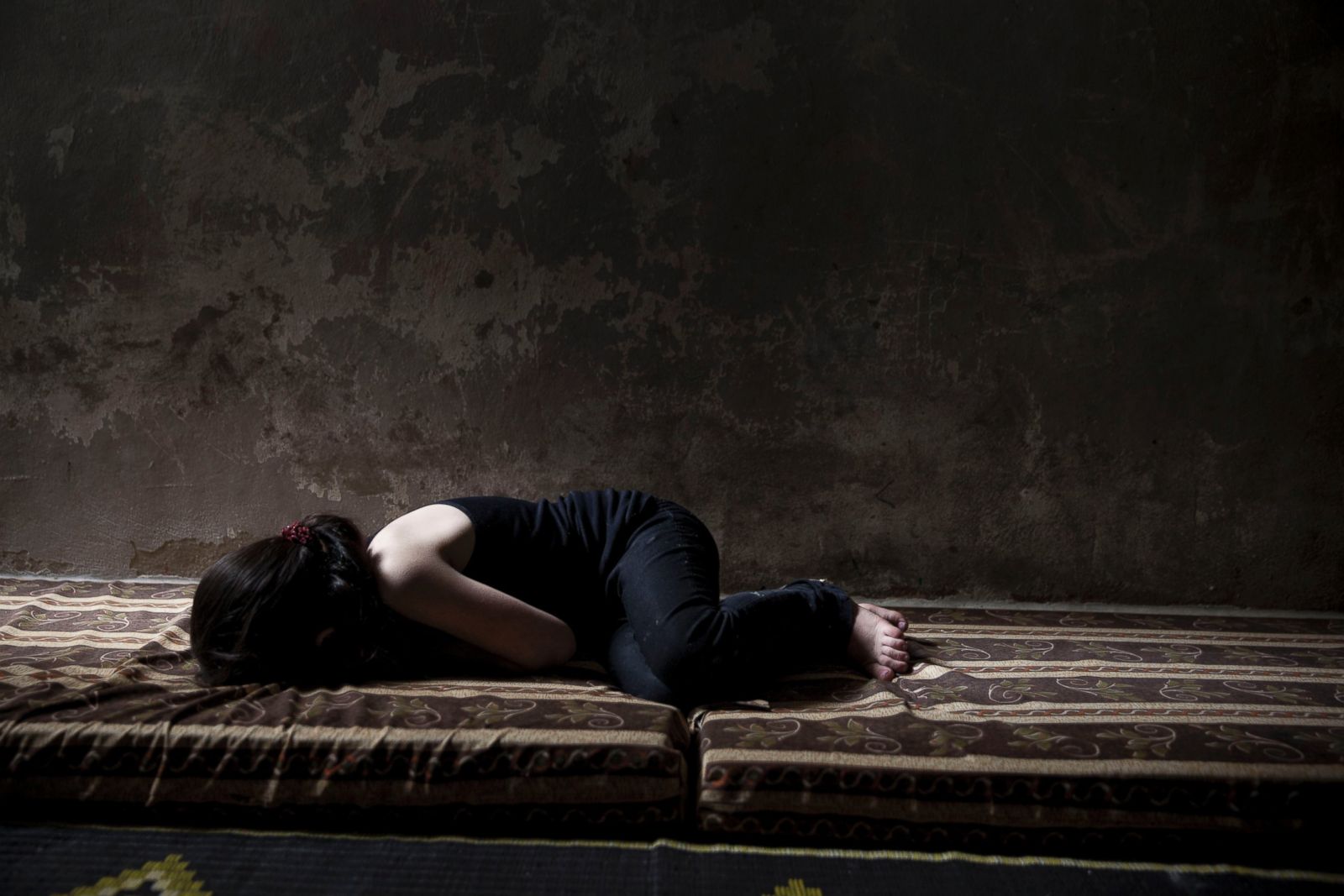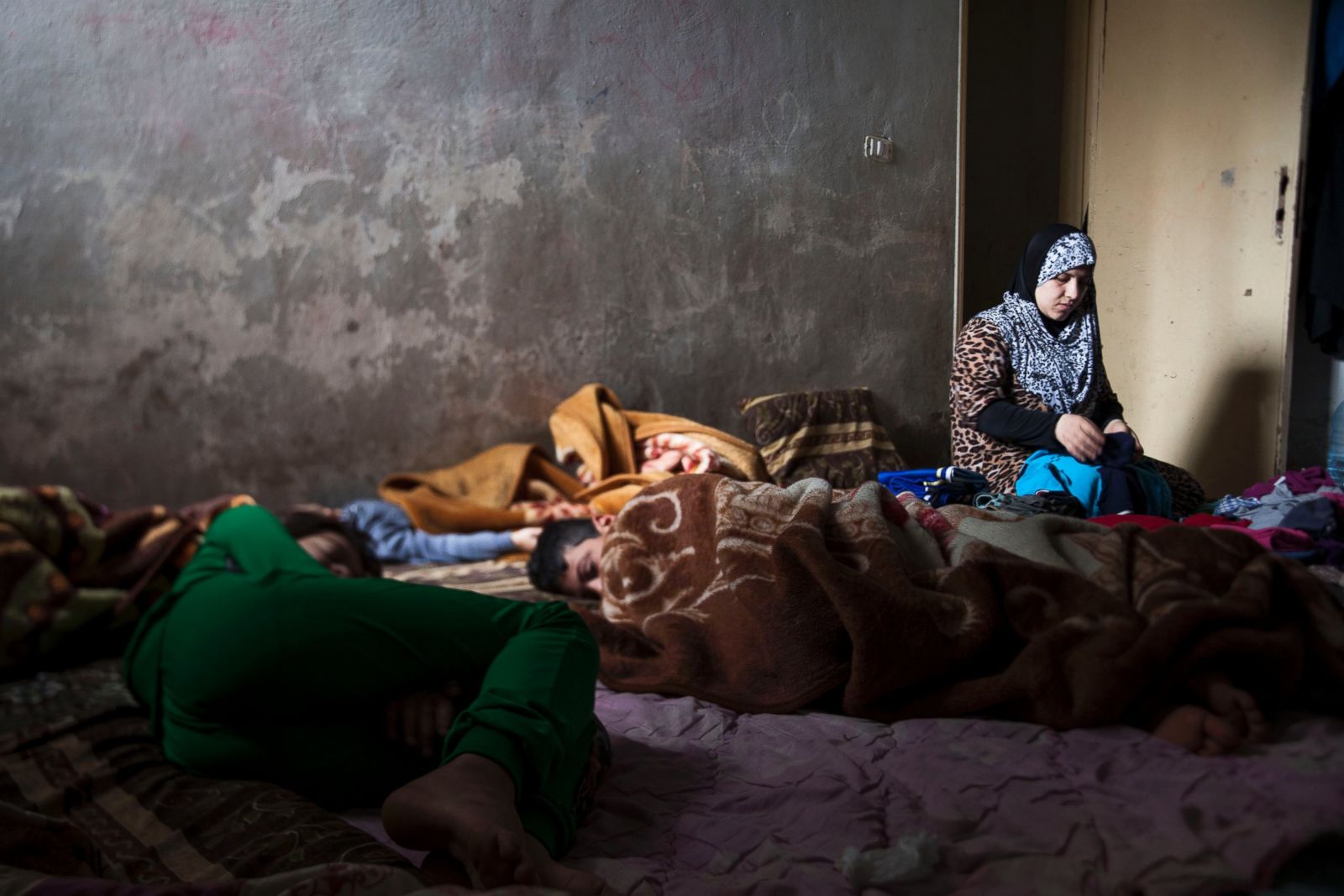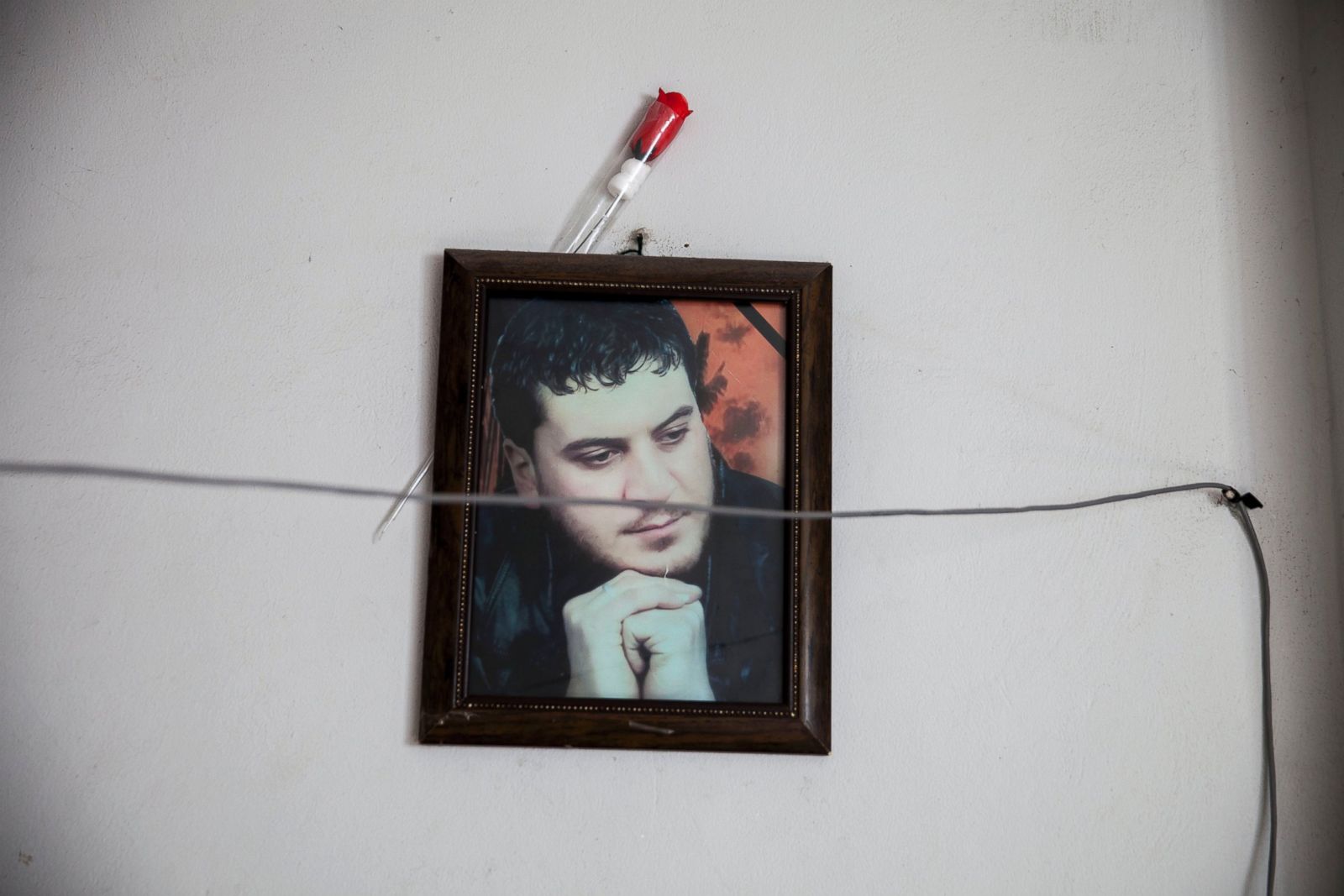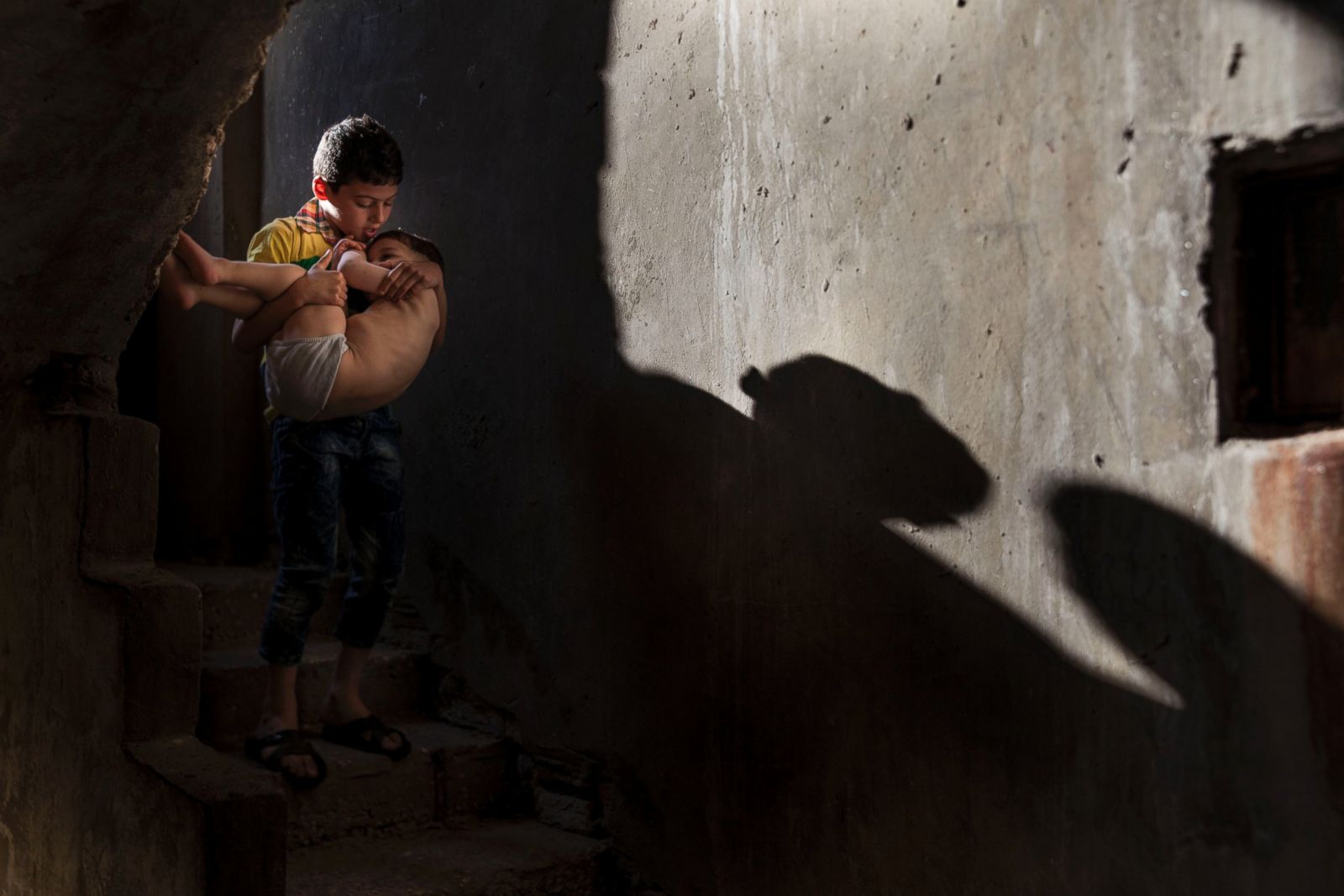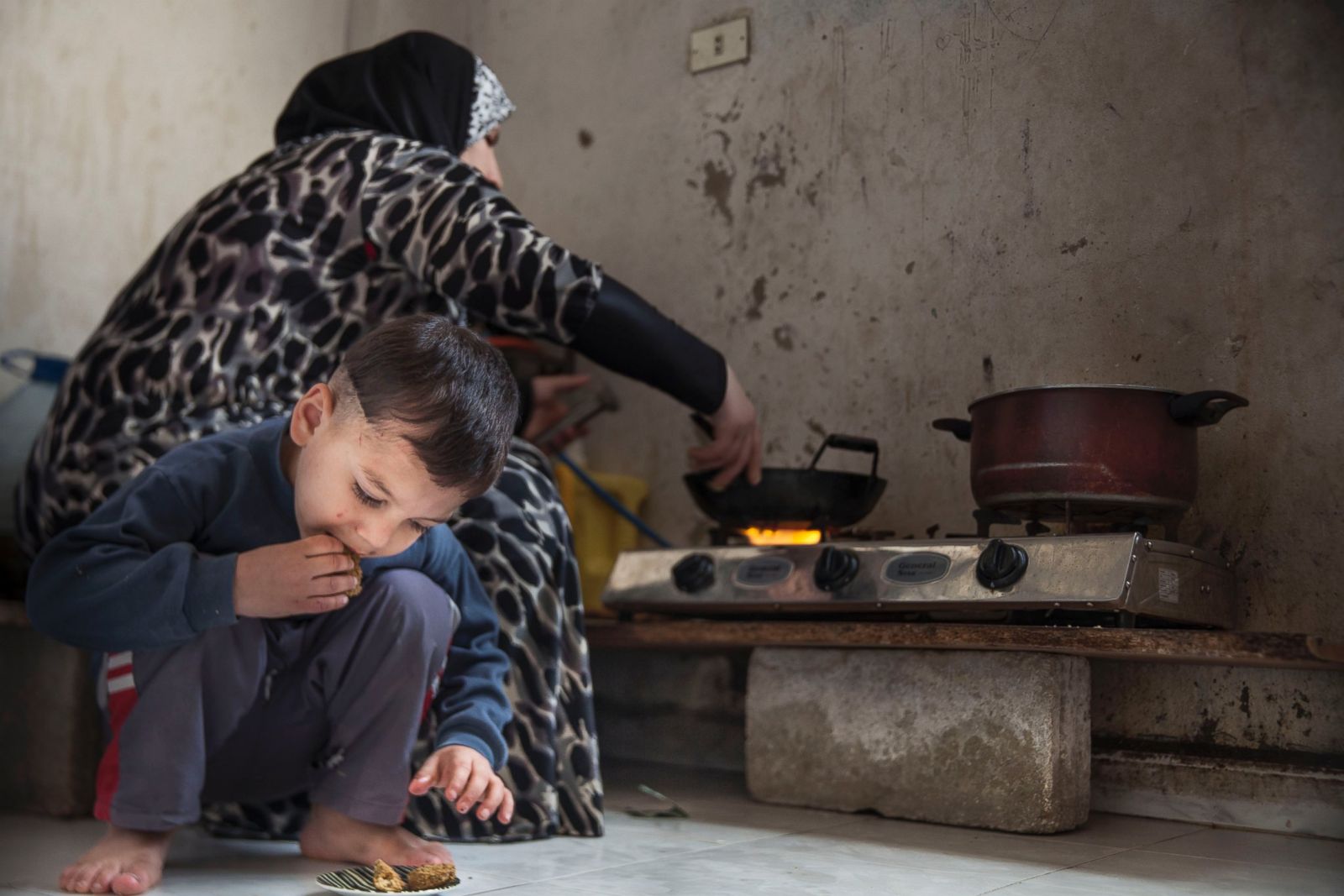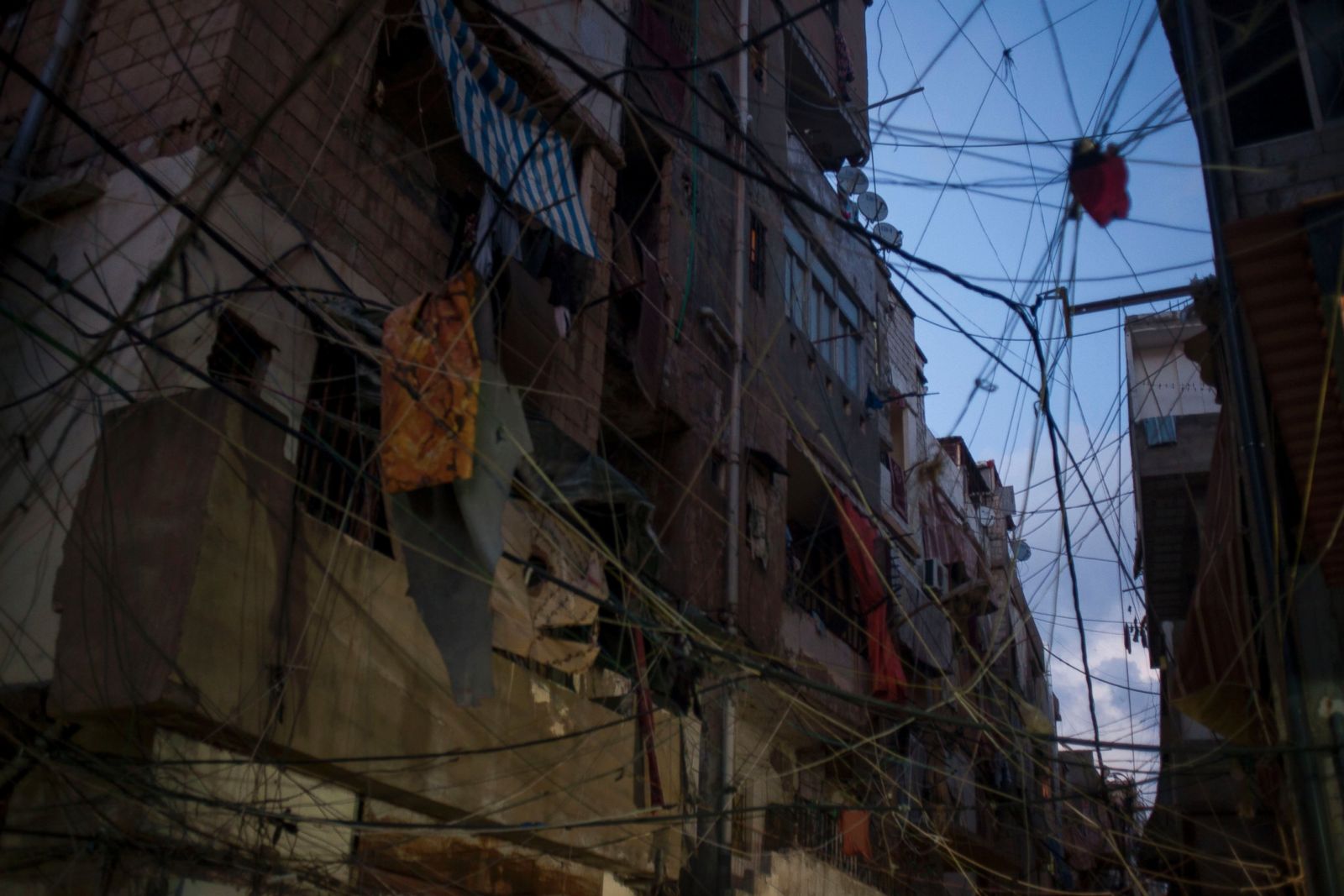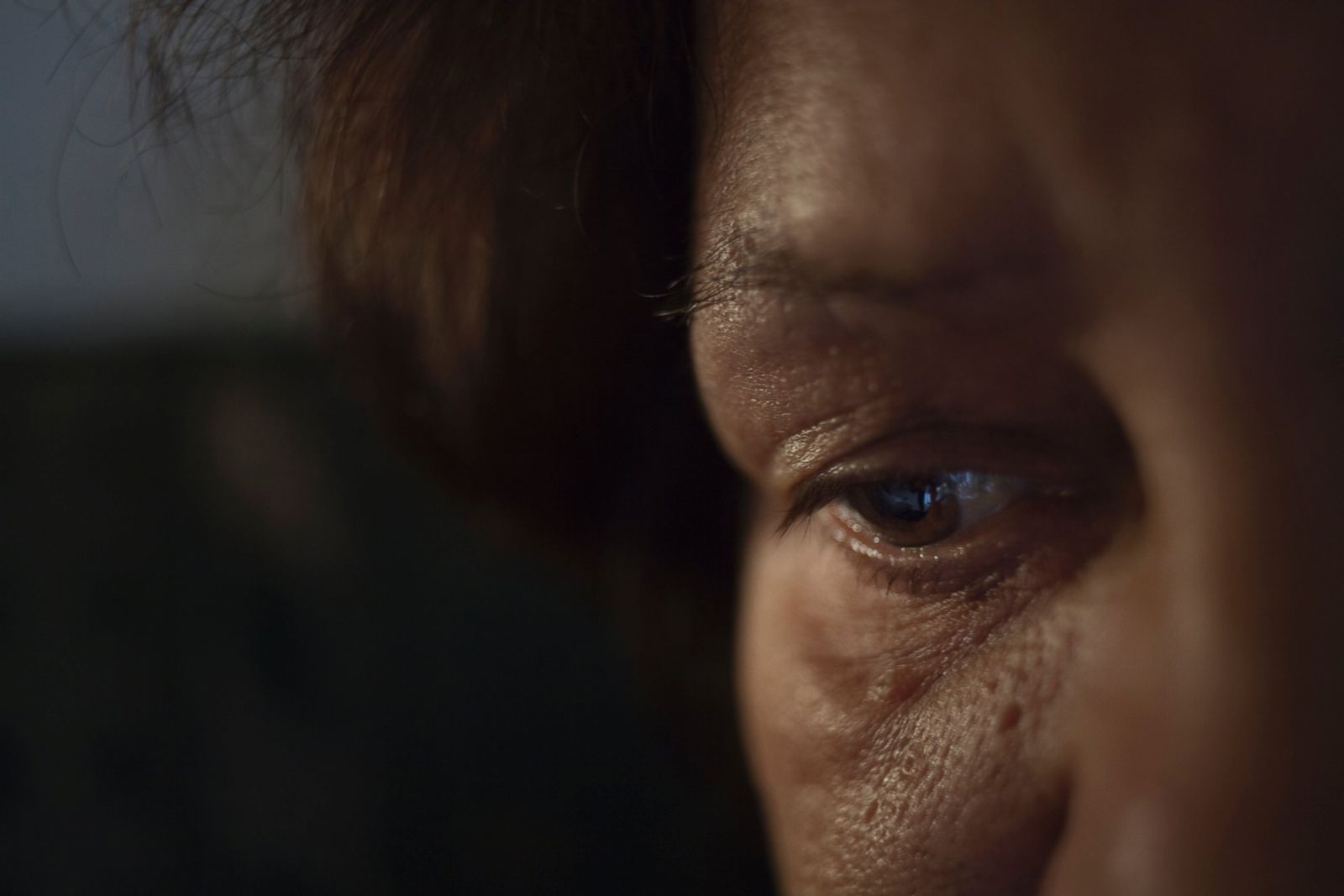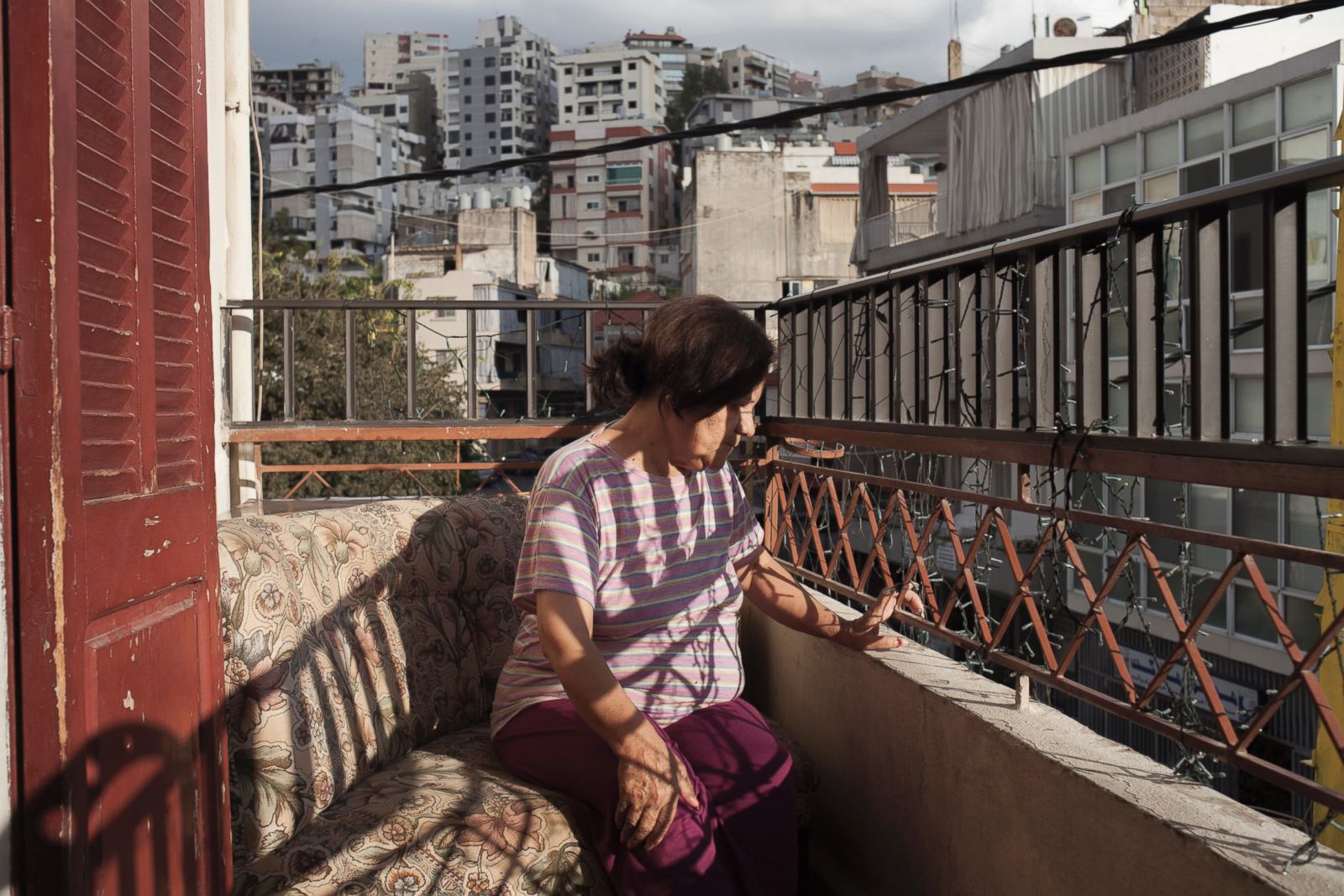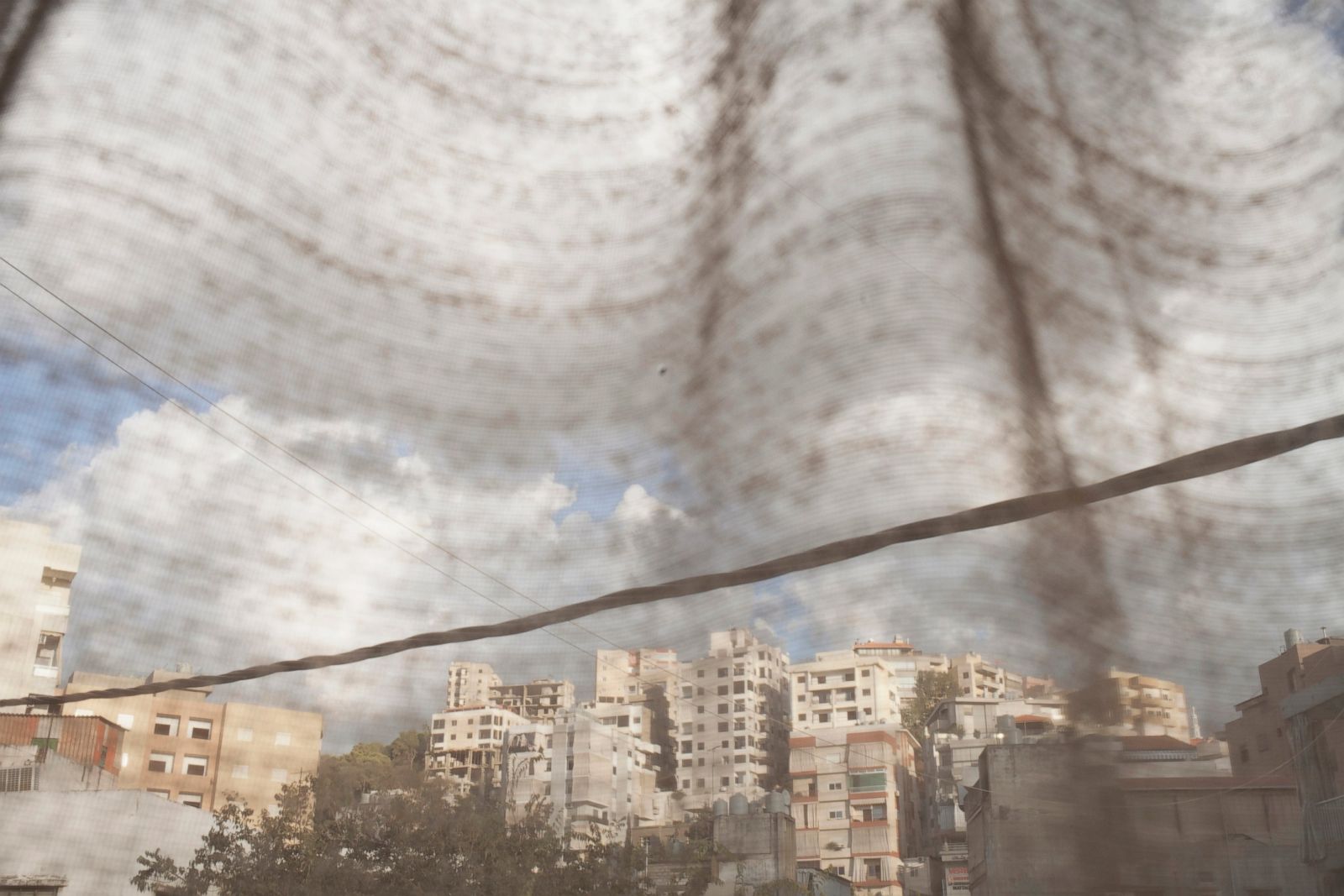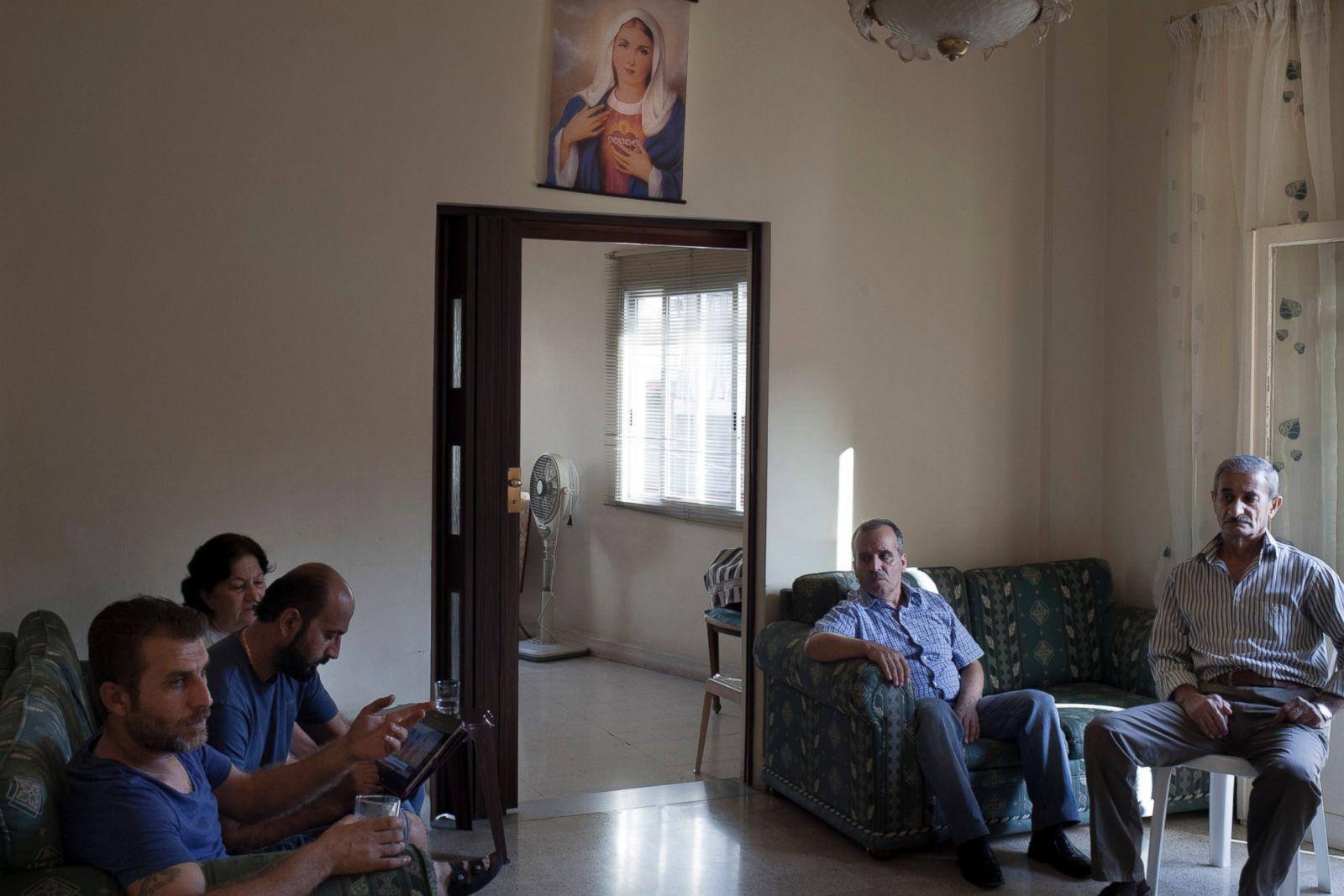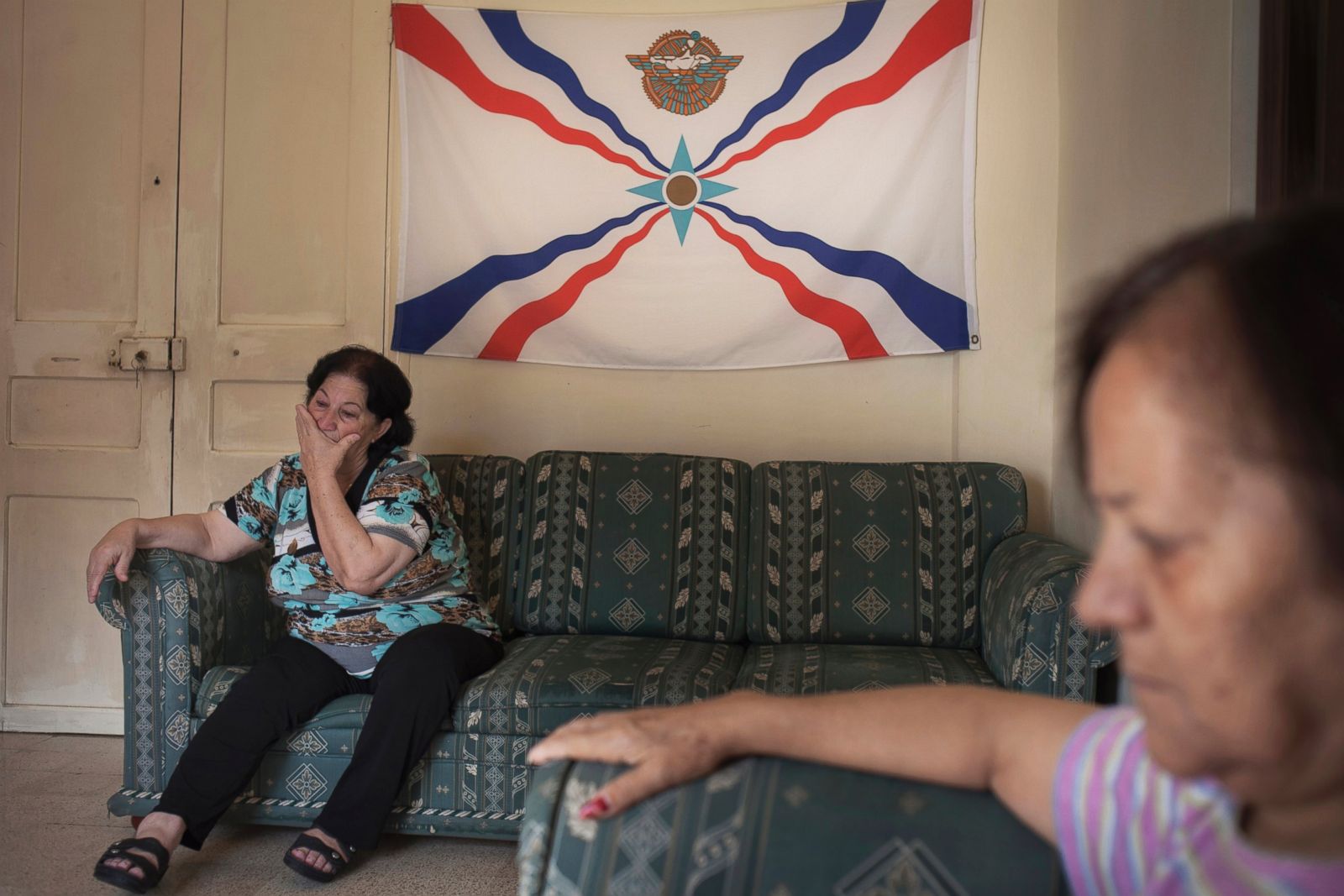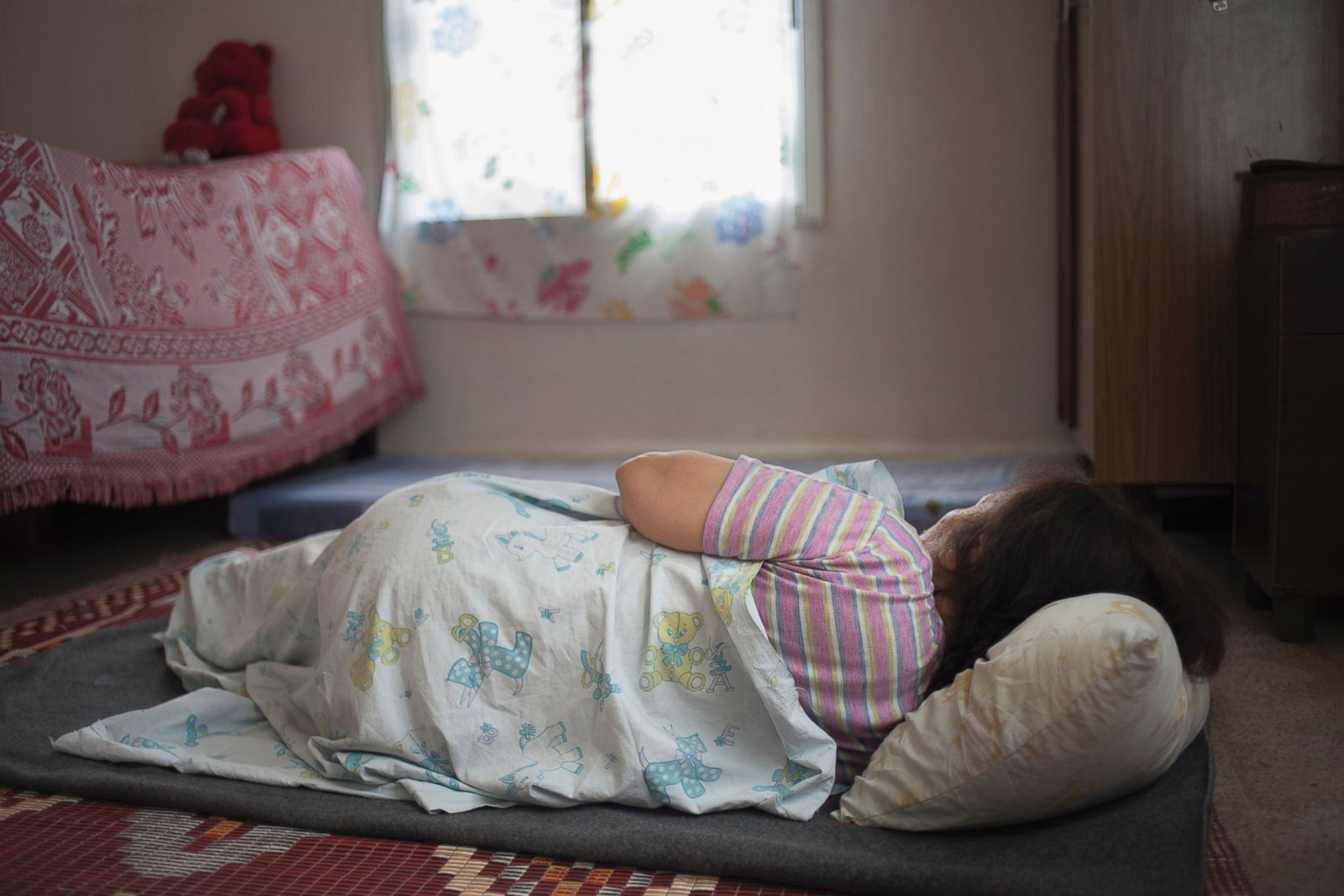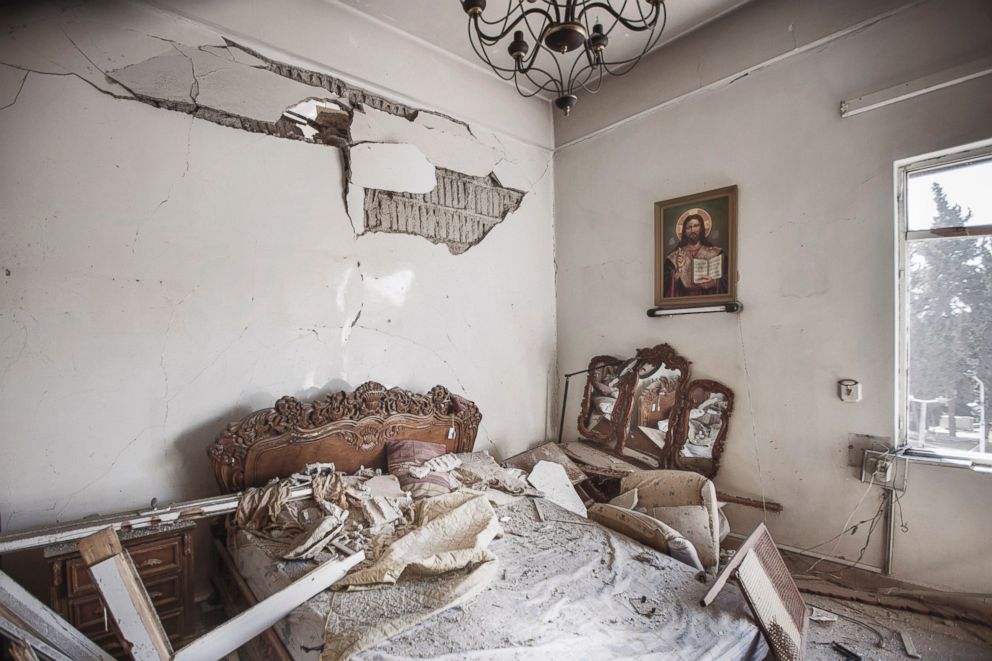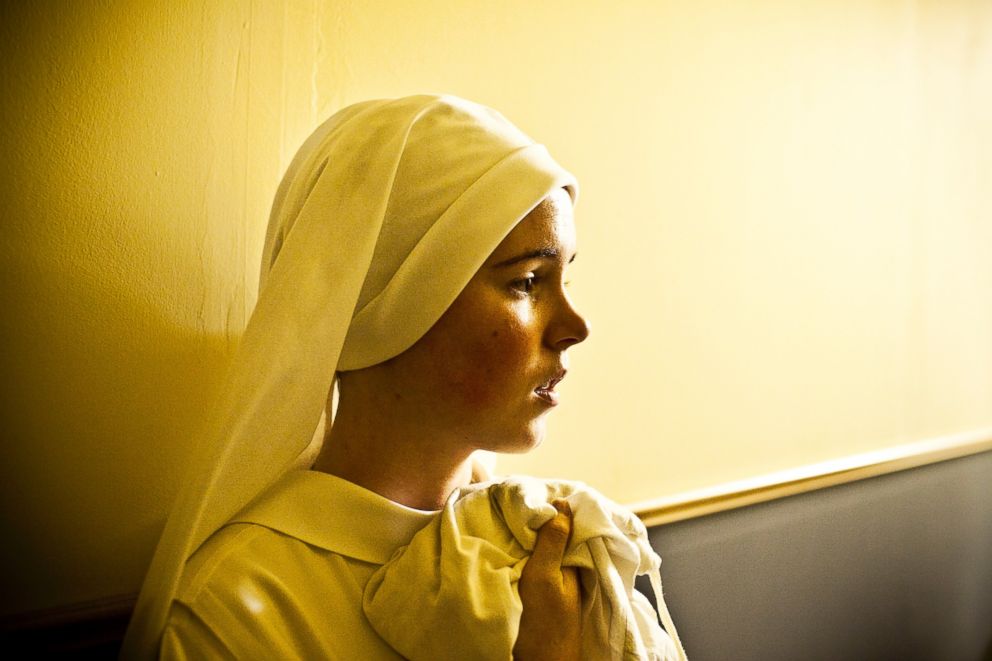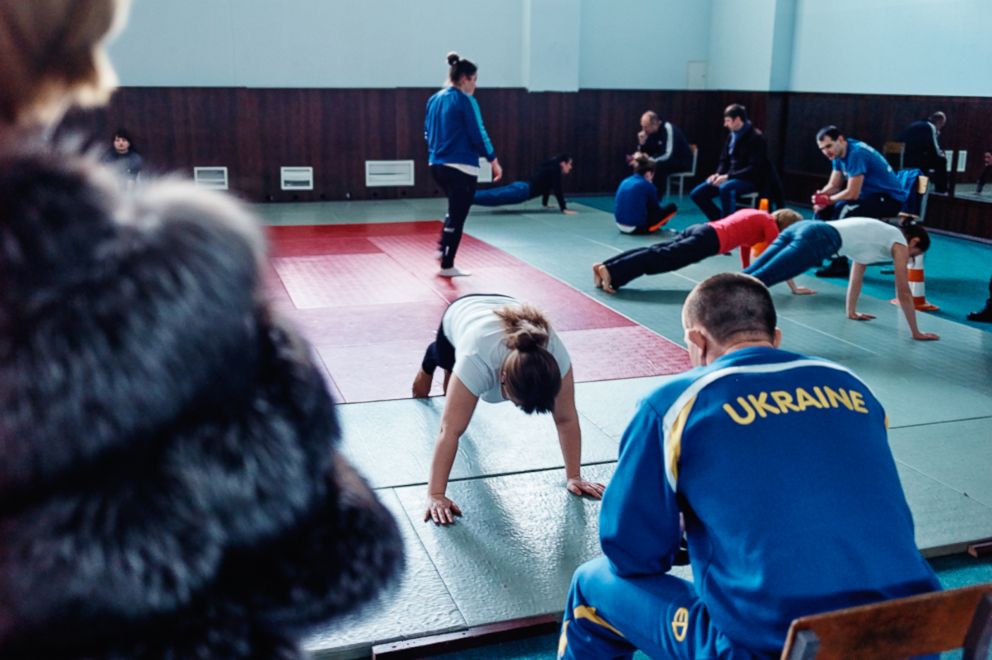Syria: Stories From the Backyard of a War
1 of 12
Syrian photojournalist Carole Alfarah's ongoing project, "Stories From the Backyard of War," documents Syrian Refugees who have fled to neighboring Lebanon for safety. Alfarah focuses on the individual story of each refugee she encounters, giving the viewer an intimate look at the person behind the refugee label. The following is an introduction to her project focusing on the stories of Hanan and Shameeh. Pictured, Hanan's daughter, Shayma'a, 9, lies on the ground in pain from a toothache, in the Shatila refugee camp, Beirut, April 20, 2015.
